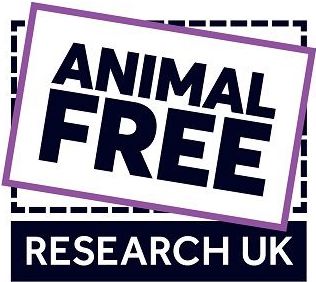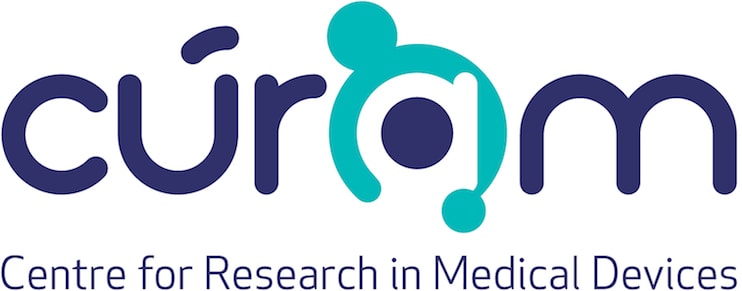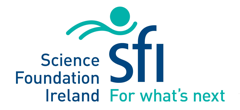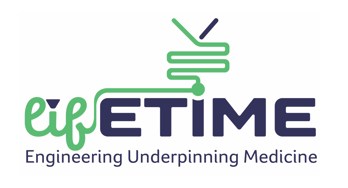Being the first person in my family to ever decide to go to university, I am particularly proud to now be a PhD student with the lifETIME CDT. So how did I end up here? Having always had a keen interest in science and animals, I decided to pursue a Bioveterinary Science undergraduate degree. It was both an exciting and nerve-wracking prospect. I didn’t have any family members to turn to for experienced advice or to hear their stories of why university was worth it. Thankfully, very quickly I fell in love with my degree and, with support from friends and family, after 3 years I proudly graduated.
I spent the next 2 years working in the drug discovery industry as part of a graduate scheme. I really developed myself as a scientist and expanded my skills and confidence. Upon completing the graduate scheme and facing the choice of whether to stay in the role or apply for something new, I became motivated to apply for PhDs as I wanted a greater sense of independence and to fulfil my own personal research goals. Many of these specifically surrounded my interest in moving science away from its reliance on animal models, hence why I applied to the lifETIME CDT; this is a programme with a heavy focus on projects developing non-animal technologies.
My first 6 months with the CDT have been thoroughly enjoyable; I am surrounded by likeminded, supportive colleagues from a variety of backgrounds. Our CDT has a focus on equality, diversity and inclusion which is clear to see when looking at the current cohorts of students; we are a mix of genders, ethnicities, scientific backgrounds, as well as personal backgrounds. The various training retreats have given us the opportunity to bond well as both a cohort, and an entire programme joined with earlier cohorts – all whilst exploring new cities and learning valuable skills! We have a strong support network with emphasis on making sure nobody feels lonely or excluded. I have found a sense of belonging in my PhD and cannot recommend the lifETIME CDT enough for anyone seeking a diverse, fun, and exciting PhD network.








